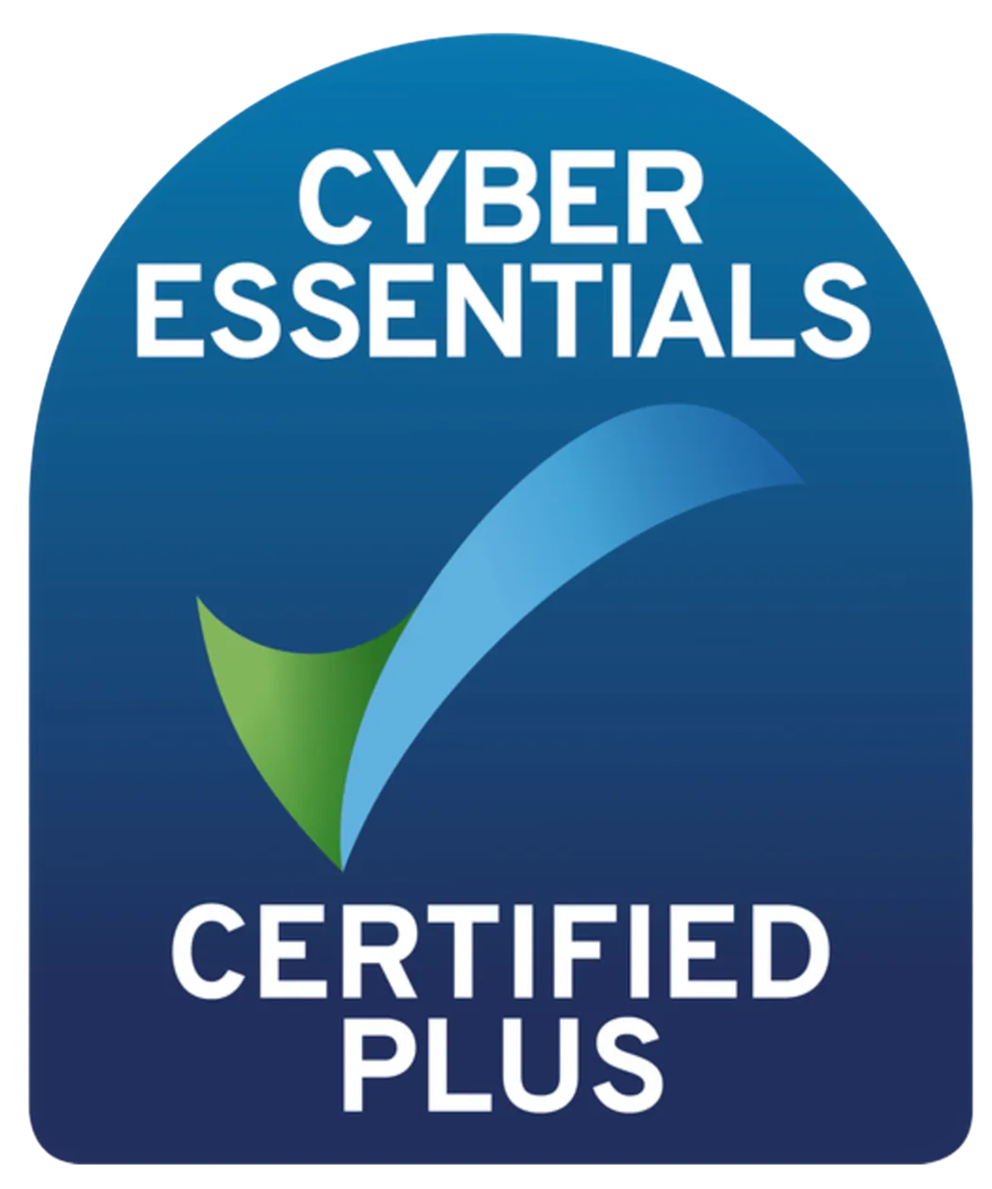Our Teaching and Learning vision:
Teaching and learning sits at the heart of school life at St Monica’s. It is rooted in our mission statement: we encourage all pupils to use their God-given talents and recognise the potential of each person in our community. Every student at St Monica’s is entitled to, and deserves, a high-quality learning experience in every lesson:
‘Every child, Every opportunity for success, Every day.’
Our priority is to deliver our knowledge-rich curriculum to all pupils. The expectation is that curriculum implementation is thoughtfully planned, robust and equitable. We expect that all teaching is consistently strong with all teaching staff striving to demonstrate the best daily practice.
At St Monica’s, we are committed to the highest standards of teaching and learning and we are work hard to constantly improve standards. We want students to become independent, self-motivated learners, developing the qualities that are so highly sought after by colleges, universities and employers. Our curriculum is a crucial part of our delivery of an excellent education to all of our students, enabling them with a life-long appreciation of learning. At St Monica’s, we are committed to delivering the highest standards of teaching and learning. We want our pupils to use their ‘God given talents’ to become independent, resilient learners, developing a life-long love of learning.
The curriculum is ambitious and well-structured in each subject area. Details of knowledge and curriculum plans can be found on our curriculum pages.
Our teaching methods are founded on evidence-based research and good practice. Learning is carefully crafted in the classroom to ensure we cater for the needs of all our students, including those who may have special educational needs or disabilities (SEND), high ability pupils or those with English as an additional language (EAL).
Our curriculum is fully inclusive and meets the needs of all students and the requirements of the Equality Act 2010 and the Special Educational Needs and Disability Regulations 2014.


